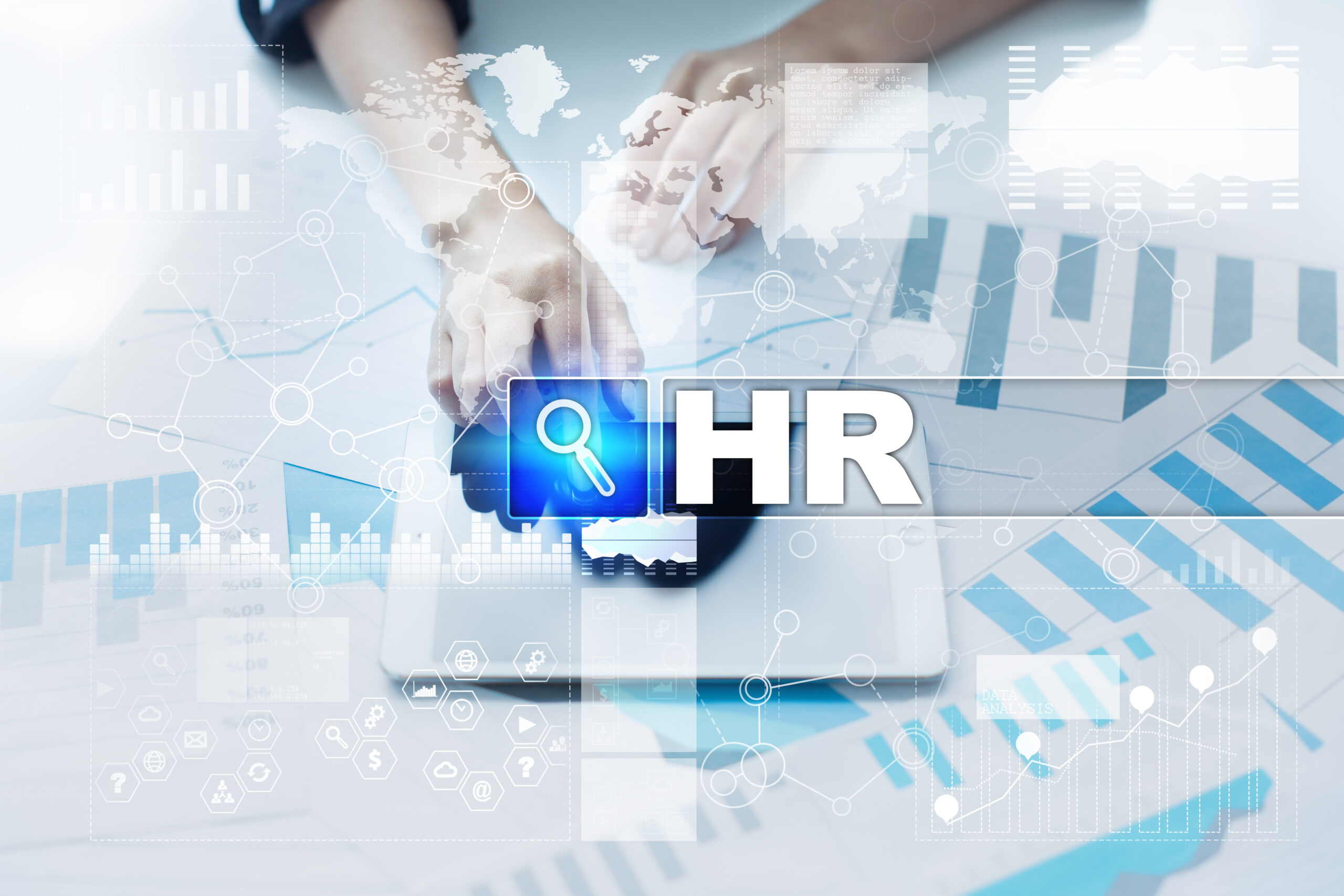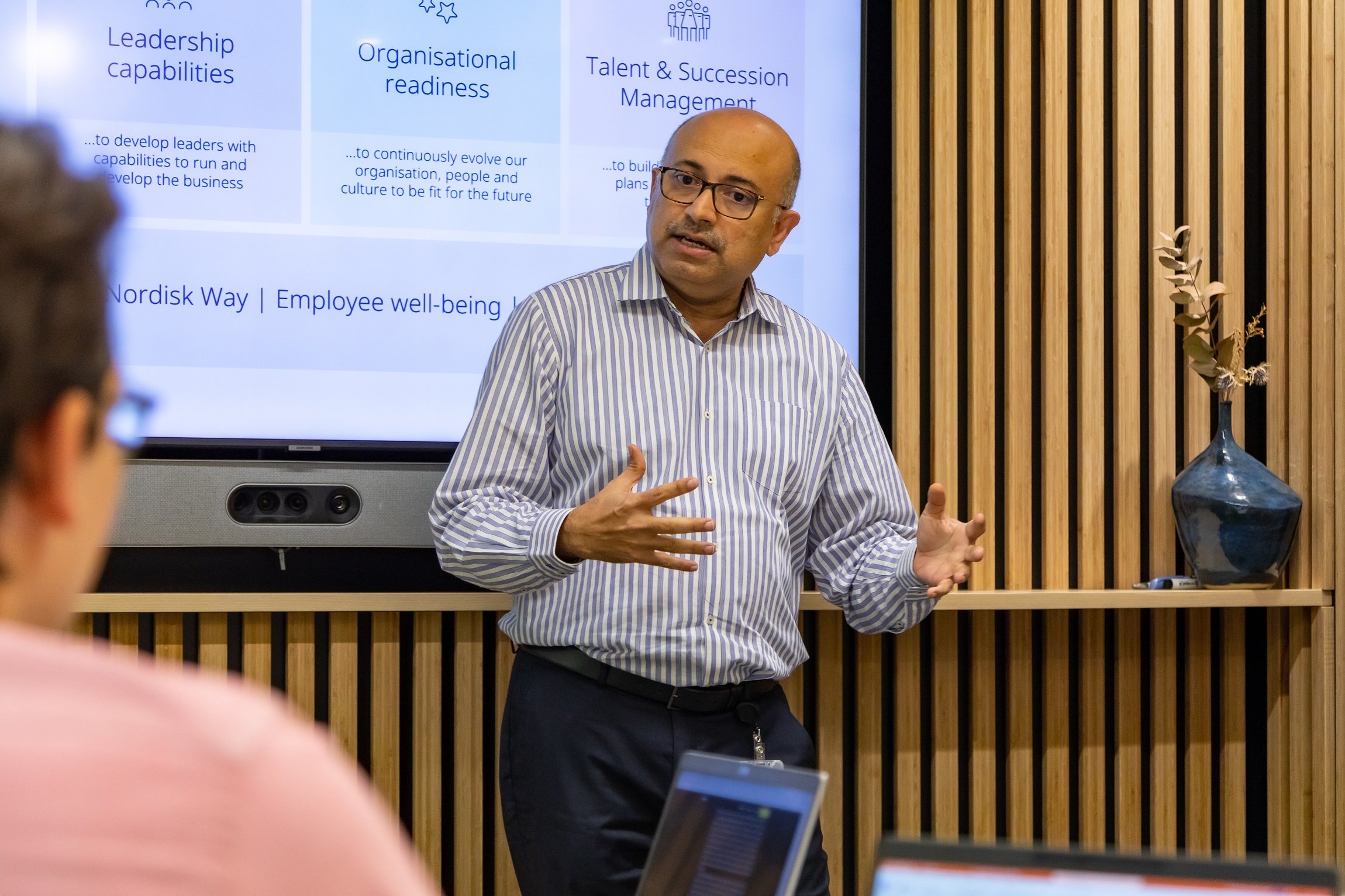Seven key HR and workplace trends for 2025
- HRM Asia Newsroom

The world of work is set to undergo significant transformations in 2025, driven by evolving employee needs, technological advances, and shifting economic landscapes.
Each year, the team at H3 HR Advisors identifies the important themes and trends that will shape workplaces and influence HR organisations in the coming year. Our 2025 Workplace Trends Report delves into seven critical trends that we identified which will shape the future workplace and explore the challenges and opportunities in each area for HR leaders and companies alike.

Below are the key insights from our report that we believe will be important for HR leaders and their organisations in the upcoming year:
1. Hybrid and Remote Working
As the demand from employees for flexibility continues, hybrid and remote working models have become central to employee retention and engagement strategies. Organisations are developing more sophisticated tools to manage distributed teams effectively, while balancing goals for productivity, collaboration, and culture building.
Key Insight: The most successful companies in 2025 will prioritise both employee autonomy and the real value of in-person connection and collaboration, ensuring equitable access to career growth for remote and in-office workers alike, while emphasising outcomes and results for individuals and teams.
2. Employee caregiving challenges
Caregiving responsibilities are increasingly affecting workplace productivity and employee retention. Companies are responding by offering more comprehensive support, including flexible schedules, financial assistance, and partnerships with caregiving services.
Key Insight: Businesses that lead with empathy by offering targeted caregiving benefits will see stronger employee loyalty and increased productivity. As more employees find themselves in a caregiving role, supporting this growing population in the organisation can be a driver of engagement and retention.
3. Employee financial wellbeing
Financial stress remains one of the top concerns for employees, influencing not only their mental health but also job satisfaction and performance. Employers are introducing more robust financial wellness programmes, including earned wage access, retirement planning tools, student loan assistance, and personalised financial coaching.
Key Insight: By providing tailored financial wellbeing programmes, companies will help employees build financial resilience, leading to higher job satisfaction and better retention rates. Additionally, careful review of existing compensation policies is needed to ensure fairness, equity, and market competitiveness to help strengthen employee financial resilience.
4. People analytics and data-driven HR practices
The rise of people analytics is transforming HR into a more strategic function, allowing companies to use data to predict turnover, improve hiring processes, and enhance employee experience. New technologies have emerged that help democratise access to people data to improve and accelerate decision making.
Key Insight: In 2025, companies leveraging people analytics, increasingly aided with innovation in HR technology, will gain a competitive edge by making informed decisions that directly impact employee engagement and business performance. Using data to inform messaging and storytelling will be a key skill for the most successful HR leaders in 2025.
5. AI technology in the workplace
AI is reshaping the workplace by automating routine tasks, improving recruitment processes, enhancing employee learning and development, and much more. However, managing the ethical implications and ensuring employees’ comfort with AI tools will be important for successful adoption and results in 2025.
Key Insight: Organisations that adopt AI with a focus on augmenting human capabilities, rather than replacing them, will create more meaningful work experiences and drive innovation next year.
6. Challenges and opportunities with corporate DE&I programmes
Diversity, equity, and inclusion (DE&I) programmes are facing renewed scrutiny, with many organisations struggling to move beyond superficial initiatives. However, when fully integrated into company culture and leadership, DE&I programmes can foster innovation and drive long-term business success.
Key Insight: In 2025, the companies that successfully embed DE&I into their core strategies will attract top talent, boost innovation, and improve overall business performance. It will be important for leaders to have a clear vision and consistent point of view on DE&I in 2025, as organisations navigate increasingly complex environments.
7. Employee mental health
The growing focus on mental health in the workplace is reshaping benefits packages and support programmes, with companies offering therapy, mental health days, and resilience training. New approaches to employee mental health support are emerging, offering organisations new ways to provide support to employees where, when, and how they need it.
Key Insight: Addressing mental health proactively rather than reactively, will be a critical differentiator for companies fostering a healthier, more engaged, and productive workforce.
Conclusion
As HR leaders and businesses navigate 2025, the opportunities to create more inclusive, flexible, and employee-centred workplaces are immense. By embracing technological innovation, supporting employees’ financial and caregiving needs, and leading with empathy in areas like mental health and DE&I, companies will be well-positioned to attract and retain top talent, while fostering a culture of continuous growth and resilience. The future of work is bright, and those who adapt swiftly and thoughtfully will be the architects of thriving organisations.
About the Author: Steve Boese is Co-Founder, H3 HR Advisors. Click here to access the full H3 HR Advisors 2025 Workplace Trends Report.






